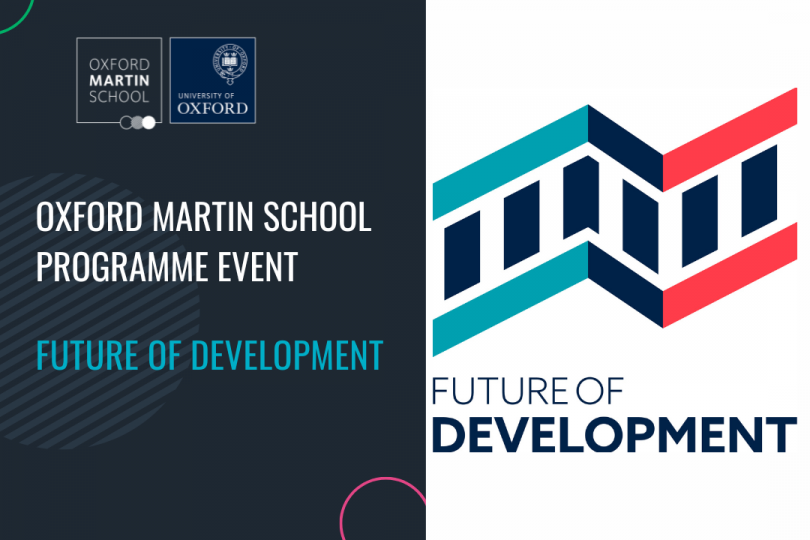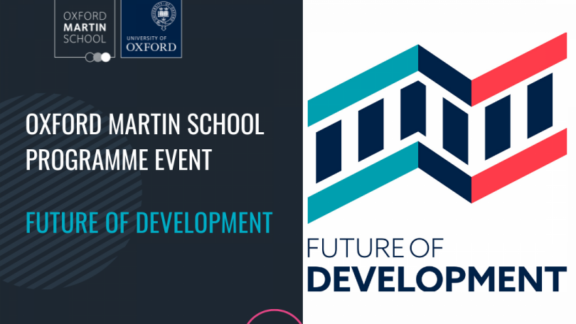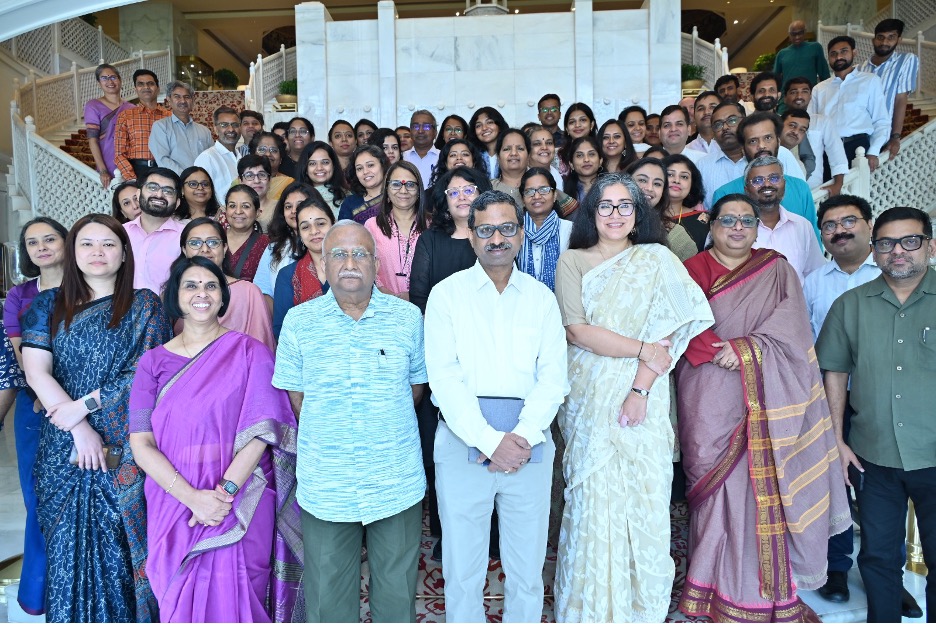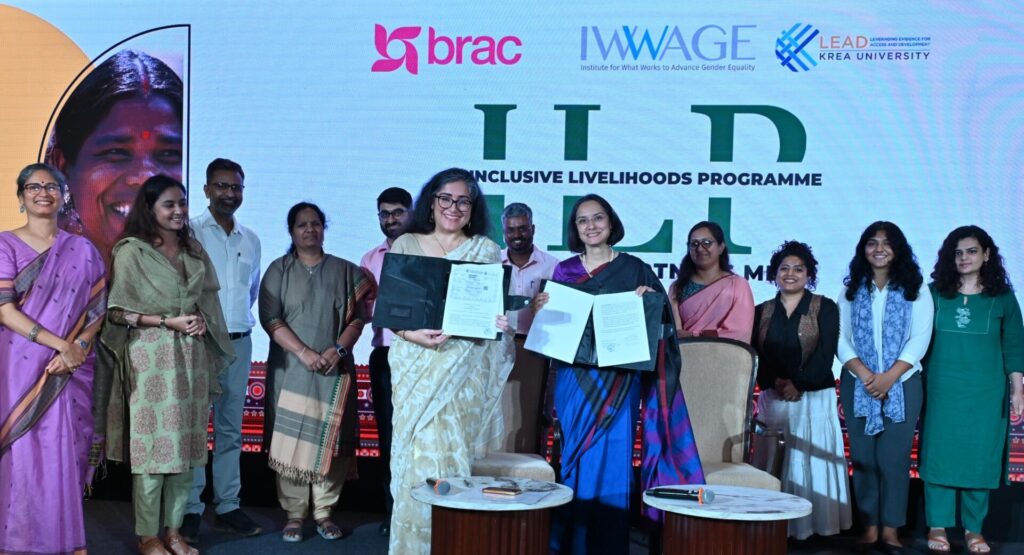This article was originally published on the Oxford Martin School’s blog on July 12, 2024.
With around 700 million people globally living on less than $2 per day, there is an urgent international agenda to eliminate extreme poverty. The Ultra-Poor Graduation (UPG) approach, first launched by the international development organisation BRAC in the early 2000s, has emerged as a powerful and proven strategy to address this issue.
UPG provides beneficiaries with a comprehensive package of resources beyond mere cash transfers, embodying the principle of ‘teaching a person to fish’ rather than simply ‘handing them the fish.’ This multifaceted intervention has consistently demonstrated substantial improvements in both economic and social well-being, offering a viable pathway out of extreme poverty. Despite its proven effectiveness, the widespread adoption and scaling of UPG programmes face considerable challenges, necessitating a focused effort to understand and overcome these obstacles.
There is an ongoing debate about the most effective approach to poverty alleviation: Ultra-Poor Graduation (UPG) programmes versus cash transfers. Cash transfers provide immediate financial relief but often lack the comprehensive support needed for sustained economic stability. In contrast, UPG programmes can offer a holistic set of interventions including asset transfers, skills training, and mentorship, arguably leading to more durable outcomes. While UPG programmes require more effort, time, and resources, they have demonstrated superiority over simple cash transfers in building long-term economic stability and resilience against economic and climate-related shocks. Initiatives like the World Bank’s Partnership for Economic Inclusion (PEI) are scaling up UPG programmes, showcasing their potential to be cost-effective and replicable across various contexts.
To read the full article, please visit the Oxford Martin School’s blog and to watch the corresponding panel discussion, view this video.





